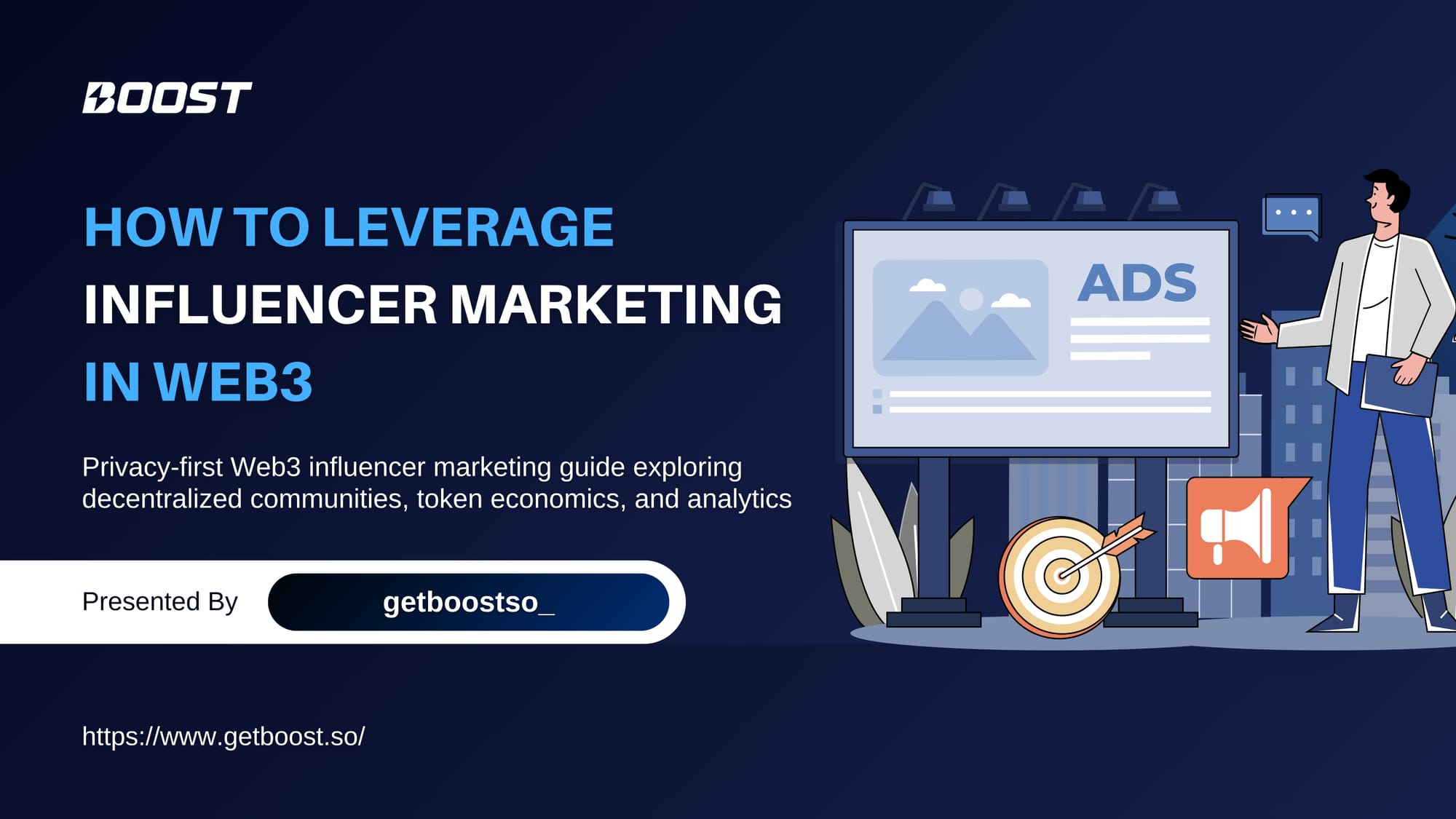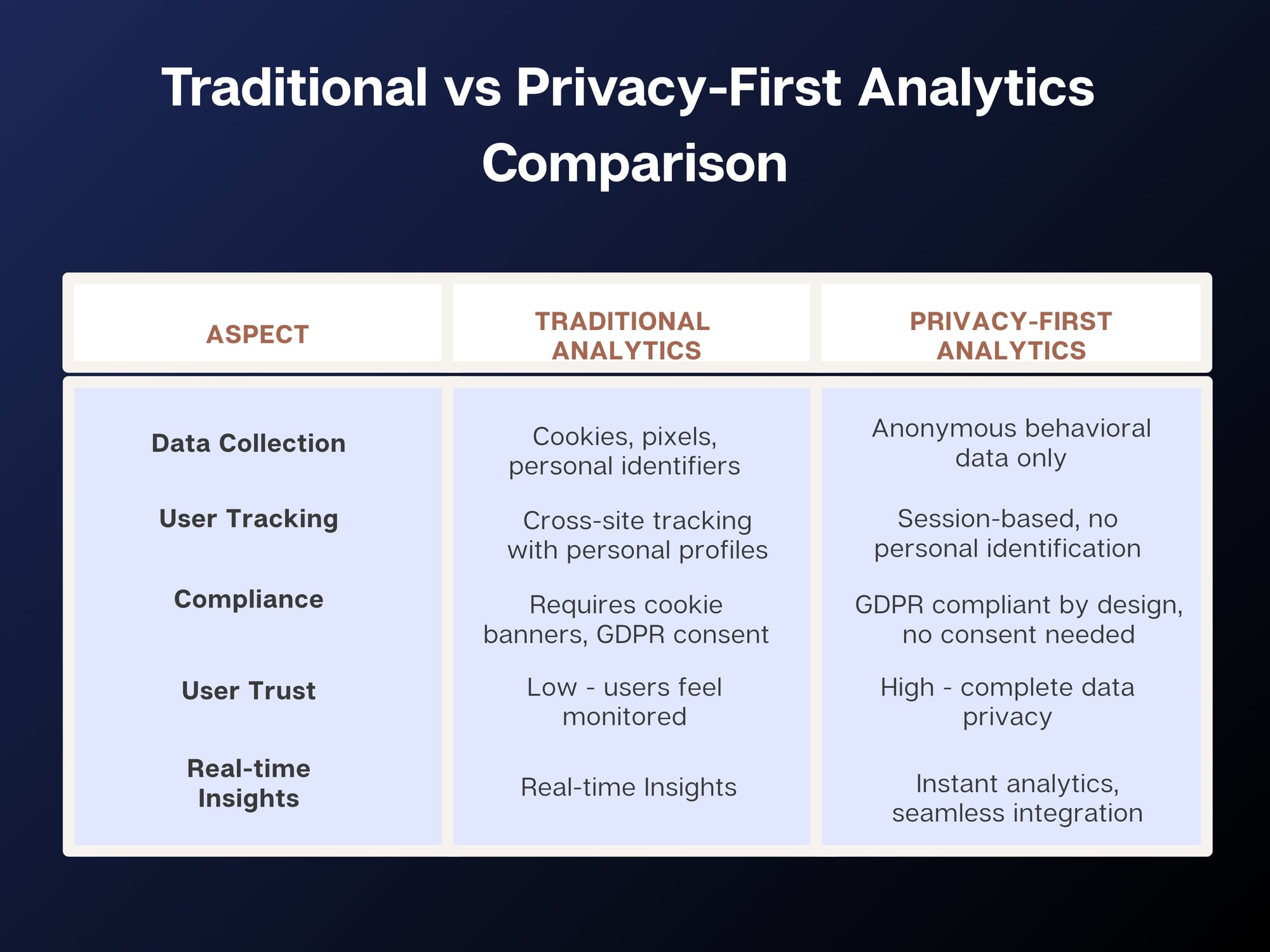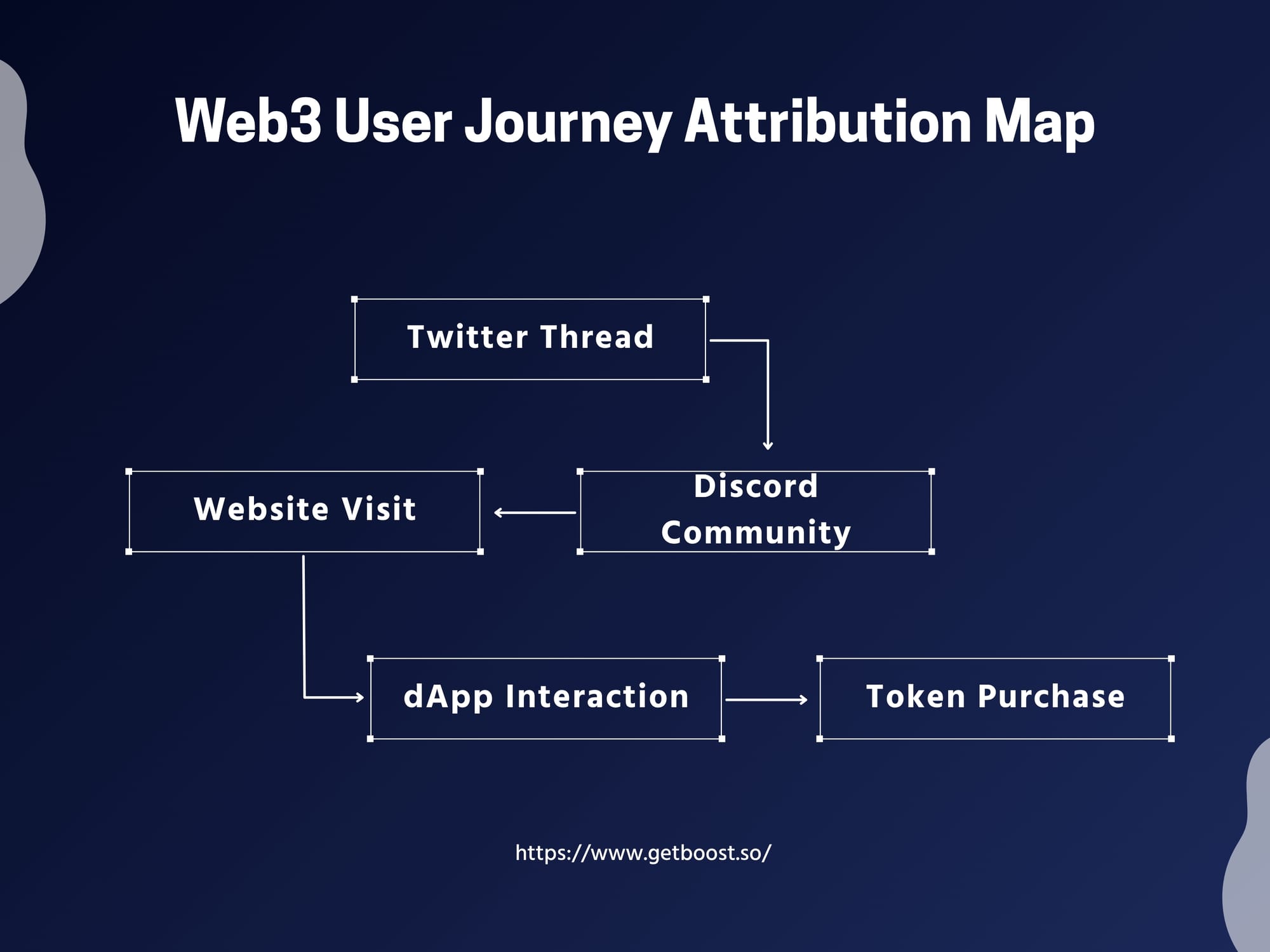How to Leverage Influencer Marketing in Web3: The Privacy Revolution

The Web3 revolution isn't just changing how we think about money, ownership, and digital identity it's fundamentally transforming the influencer marketing landscape. As traditional advertising models crumble under privacy regulations and user backlash, a new paradigm is emerging that prioritizes authentic community building over invasive data harvesting.
The Death of Cookie-Based Influence
Why Traditional Tracking is Failing in Web3
Traditional influencer marketing relies heavily on tracking pixels, third-party cookies, and personal data collection to measure campaign effectiveness. This approach is not only becoming legally problematic with GDPR and similar regulations, but it's also fundamentally at odds with Web3's core principles of user sovereignty and data ownership.
The Privacy-First Audience Challenge
Web3 audiences are particularly privacy-conscious. They understand the value of their data and actively resist platforms that exploit it. This creates a unique challenge: how do you measure influencer marketing success without violating the very principles your audience holds dear?
The Trust Economy in Decentralized Communities
Authentic Value vs. Superficial Metrics
Web3 influencer marketing operates on completely different mechanics than traditional social media promotion. In decentralized communities, influence isn't measured by follower counts or engagement rates—it's earned through genuine expertise, consistent value delivery, and authentic community participation.
The Power of Long-Term Alignment
Consider the difference between a crypto influencer shilling the latest memecoin versus a respected DeFi educator explaining yield farming strategies. The latter builds lasting trust because they're providing genuine value to their community. This trust translates into higher conversion rates, longer customer lifetime value, and more sustainable growth.
The most successful Web3 influencers don't just promote products—they become integral parts of ecosystems. They hold governance tokens, participate in DAOs, and genuinely believe in the projects they support. This alignment creates a powerful multiplier effect that traditional paid partnerships simply can't match.
Beyond Vanity Metrics: Measuring Real Impact
The Privacy-First Analytics Revolution
The challenge with Web3 influencer marketing lies in attribution. How do you track a user's journey from a Twitter thread to a Discord community to a dApp interaction without compromising their privacy? Traditional analytics platforms fail here because they're built on invasive tracking models that Web3 users actively reject.

Smart brands are adopting privacy-first analytics solutions that can track user behavior and campaign performance without collecting personal data. These platforms use advanced techniques to provide actionable insights while maintaining complete user anonymity no cookies, no personal identifiers, just pure performance data.
What Actually Matters in Web3
The key metrics in Web3 influencer marketing go far beyond clicks and impressions. Success is measured by:
- Community growth and engagement quality rather than superficial metrics
- Wallet connections and on-chain interactions that represent real user commitment
- Long-term retention and ecosystem participation showing authentic interest
- Cross-platform attribution tracking users through complex Web3 journeys
The Creator Economy Meets Token Economics
Revolutionary Compensation Models
Web3 introduces entirely new compensation models for influencer partnerships. Instead of fixed fees or revenue sharing, brands can offer token-based incentives that align influencer success with project success. This creates a fundamental shift from transactional relationships to true partnerships.
Smart Contracts as Partnership Enablers
Imagine an influencer receiving governance tokens for promoting a DeFi protocol. Their incentive isn't just to drive short-term engagement it's to ensure the protocol's long-term success. This alignment creates more authentic content, better audience experiences, and superior campaign results.
Smart contracts can automate these relationships, creating performance-based payouts that execute automatically when specific metrics are met. This reduces friction, increases trust, and enables more sophisticated partnership structures than traditional contracts allow.
The Multi-Platform Attribution Challenge
Understanding Complex Web3 User Journeys
Web3 users don't follow linear customer journeys. They might discover a project through a Twitter thread, research it in a Discord server, interact with the protocol on a dApp, and finally make a purchase through a different platform entirely. Traditional attribution models completely fail to capture this complexity.

The Solution: Privacy-Respecting Cross-Platform Tracking
Successful Web3 influencer campaigns require sophisticated cross-platform tracking that respects user privacy while providing actionable insights. This means implementing analytics systems that can connect the dots between social media engagement, website visits, and on-chain interactions without compromising user anonymity.
The platforms winning in this space are those that can provide comprehensive analytics while maintaining strict privacy standards. They offer real-time insights into campaign performance, user behavior, and conversion paths all without storing a single piece of personal data.
Building for the Future
Early Adopter Advantages
The Web3 influencer marketing landscape is still evolving rapidly. Early adopters who embrace privacy-first approaches, authentic community building, and innovative compensation models will establish significant competitive advantages.
Values-Driven Success
The brands succeeding in Web3 aren't those with the biggest budgets they're those that genuinely understand and respect the values of decentralized communities. They work with influencers who share their vision, use analytics platforms that prioritize privacy, and create campaigns that provide real value to audiences.
As regulatory pressure increases and user awareness grows, the privacy-first approach to influencer marketing will become the only viable option. The question isn't whether to adopt these principles it's whether to be an early adopter or play catch-up later.
The Path Forward
Web3 influencer marketing represents more than just a new advertising channel it's a fundamental reimagining of how brands and audiences connect. By prioritizing privacy, authenticity, and community value over traditional metrics, forward-thinking brands can build lasting relationships that drive sustainable growth.
The future belongs to those who can navigate this complex landscape while maintaining the trust and respect of increasingly sophisticated audiences. Success requires the right partners, the right tools, and the right approach all built on a foundation of genuine value creation and user respect.
